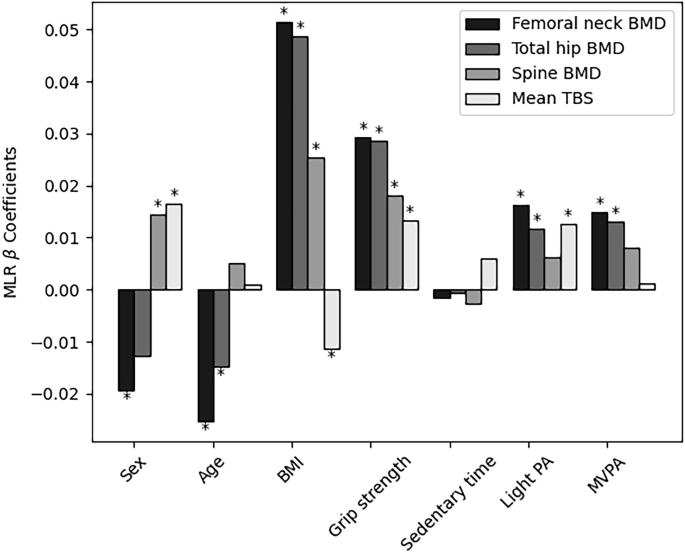The Masks They Wear: How Nigerian Politicians Deceive A Nation On Repeat, By Leonard Karshima Shilgba | Sahara Reporters
Every four years, a peculiar drama unfolds across Nigeria. The same actors—tainted, tested, and often found wanting—return to the stage draped in new costumes, mouthing old lies with fresher accents. The tragedy? The audience applauds them, gets excited, and joins the queue of deception. Again and again. This is not democracy—it is deception ritualized. And it must stop !
If democracy is about the choices the electorate makes, then, the Nigerian electorate is responsible for the present hyperinflation, obliterating poverty, damning insecurity, and pervasive hopelessness in the land. But their response must not be wholesale promotion of more deception.
How do politicians who plunder our hope and waste their mandates keep finding their way back into our hearts, ballots, and parliaments? Simple: They reinvent failure, market it as experience, and prey on a people battered into forgetfulness. So, he has held various political offices, and garnered experience. But of what practical purpose is an experience in failure? Nevertheless, Nigerians repeatedly fall for experienced politicians and public officials who have made them experience a worsening standard of living. Are Nigerian voters stupid?
The average Nigerian voter is not stupid. But he is tired. Tired of choosing between devils and darkness. Tired of hoping for change that never comes. Tired of a system that teaches him to trade his vote for a cup of rice rather than demand a future for his children.
Our democracy has become a recycling plant of impunity. A man may wreck a state, loot it dry, and walk into the Senate wearing agbada stitched with stolen dreams. Another may abandon promises made in the glare of TV cameras and return four years later with rebranded posters and rented praise singers—untouched by shame, untroubled by conscience.
How is this possible?
It happens because we have normalized betrayal. Because we allow identity—ethnic, religious, regional—to triumph over integrity. Because we treat memory like garbage: disposable and inconvenient. Because we have been conditioned to believe that every thief is better than the last, as long as he’s "our thief."
Nigeria’s political culture is not broken by accident. It has been carefully sabotaged—by parties with no ideology, institutions with no teeth, and elites with no shame. In their Nigeria, power is not service; it is spoils. Elections are not choices; they are auctions. And voters are not citizens; they are pawns.
But it doesn’t have to remain this way.
We must end the ritual of political necromancy—resurrecting the failures of yesterday to lead us tomorrow. We must reject the politics of poverty that hands out cash in the dark and steals destiny in the daylight. We must bury the dangerous idea that leadership is a tribal inheritance or a religious reward.
A politician who has failed in office has no business asking for a second chance without confession and restitution. A people who do not demand accountability will continue to dine on disappointment.
This is a call to moral and electoral reformation.
Let us remember that every recycled rogue is enabled by a forgetful voter. That the ballot is not just paper—it is prophecy. And that if we do not rise to break the cycle, we are not just victims—we are accomplices. We must pressure the executive and legislative governments at the center to urgently take practical executive and legislative steps to bring down inflation by lowering energy and borrowing costs, ending insecurity which has worsened food inflation, and to strengthen the naira to at most triple digit exchange rate against the US dollar by practically patronizing local enterprise through deliberate indiscriminate import substitution. And if they lack ideas and capacity to achieve those things along with their desirable reforms (e.g., fuel and naira subsidy removal and the new tax laws), then, Nigerians may look for those who can. But those who can must show us how they can first.
The masks must fall. The music must change. Let the next election be not a coronation of the shameless but a revolution of the awake.
© Shilgba









